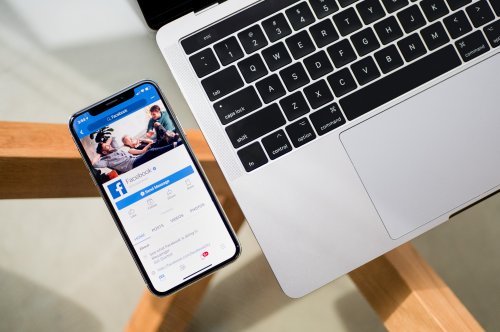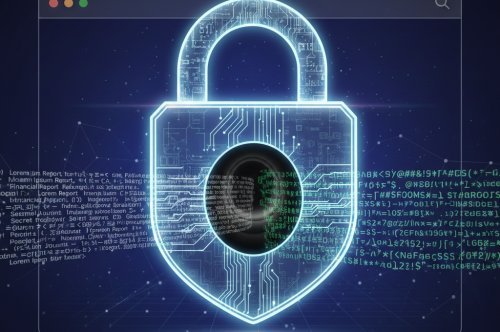The Dark Side of TikTok: Examining the App's Negative Impacts on Mental Health

TikTok, the popular social media app known for its short-form videos, has become a sensation among millions of users worldwide. While the app has its fair share of positive features, such as entertainment, creativity, and connection, the darker side of TikTok has emerged. The negative impact of TikTok on mental health is an issue that needs to be addressed.
TikTok is designed to capture and keep its users' attention through the use of its algorithm. The algorithm shows users videos that it believes they will find interesting, which often leads to an endless scroll of content. This constant stream of videos can be overwhelming, leading to users spending hours scrolling through their "For You" page. While the constant stream of content might seem harmless, it can be detrimental to mental health.
The app's addictive nature can lead to a decrease in productivity and an increase in procrastination. Users may also develop anxiety and stress from comparing themselves to others. TikTok's algorithmic design prioritizes popular users and videos with high engagement, leading to a race for views and likes. The app's emphasis on popularity can result in low self-esteem and poor body image, leading to eating disorders and depression.
The pressure to perform and create content can be overwhelming, leading to burnout and stress. TikTok stars may feel the need to constantly create new and engaging content to stay relevant, which can lead to a lack of sleep and stress. The desire for attention and validation can also create an environment of toxicity and competition, where users feel the need to outdo one another, leading to self-esteem and confidence issues.
Moreover, cyberbullying is a significant problem on TikTok. Users are subjected to hurtful comments, hate speech, and trolling, leading to low self-esteem, anxiety, and depression. Bullying can escalate quickly on TikTok, and it can be challenging to remove offensive comments or report users, leaving victims feeling helpless and alone.
The dark side of TikTok is not just limited to its impact on individual mental health, but also its impact on society. The app's algorithm can be used to spread misinformation, fake news, and conspiracy theories, which can have a significant impact on people's mental health. In addition, the app's privacy policies and data collection practices have raised concerns about user data being shared with third-party companies.
The negative impact of TikTok on mental health has led to calls for greater regulation and awareness of the app's impact on society. Some have argued that the app's algorithm should be restructured to prioritize user well-being and promote healthy content. Others have called for greater education and awareness about the negative impact of social media on mental health.
It is essential to recognize that the negative impacts of TikTok on mental health are not unique to this app but are rather inherent to social media platforms. Social media platforms have been criticized for their potential to negatively impact mental health for years, and TikTok is no exception.
In conclusion, while TikTok has its benefits, its negative impact on mental health cannot be ignored. The addictive nature of the app, the pressure to create content and compete, and cyberbullying can have devastating effects on mental health. Greater awareness and regulation are needed to address these issues and promote a healthier environment for TikTok users. The app's creators must take responsibility for its impact on mental health and make necessary changes to ensure its users are protected.











